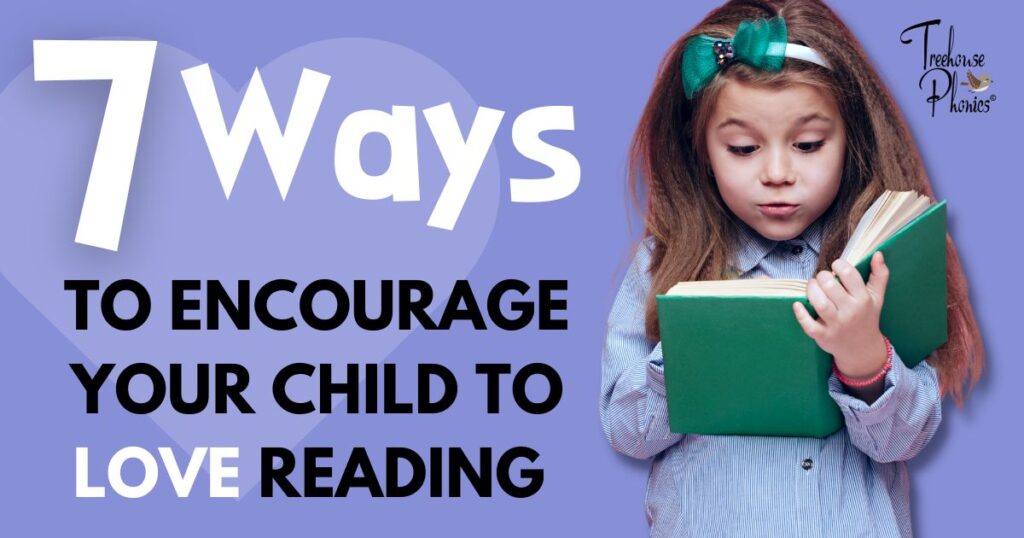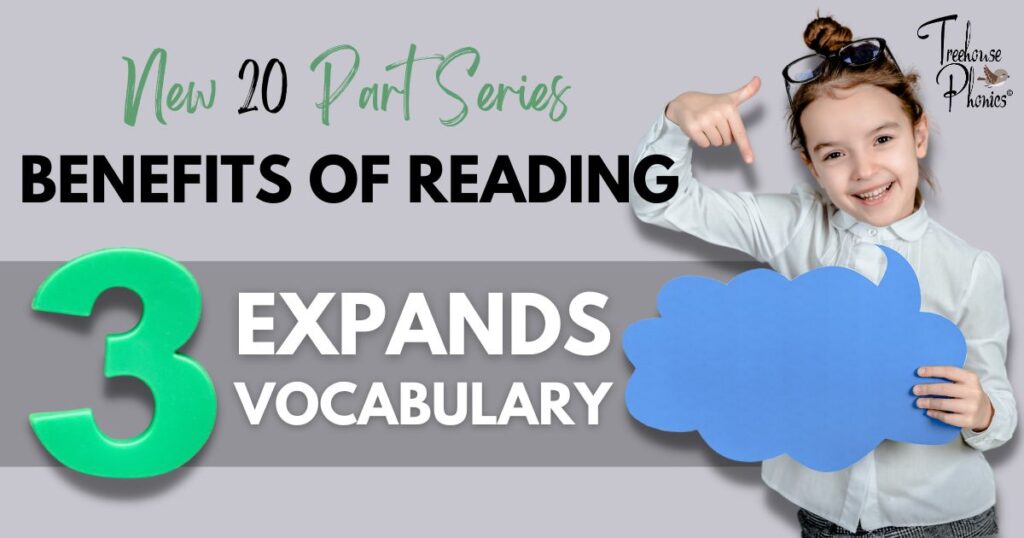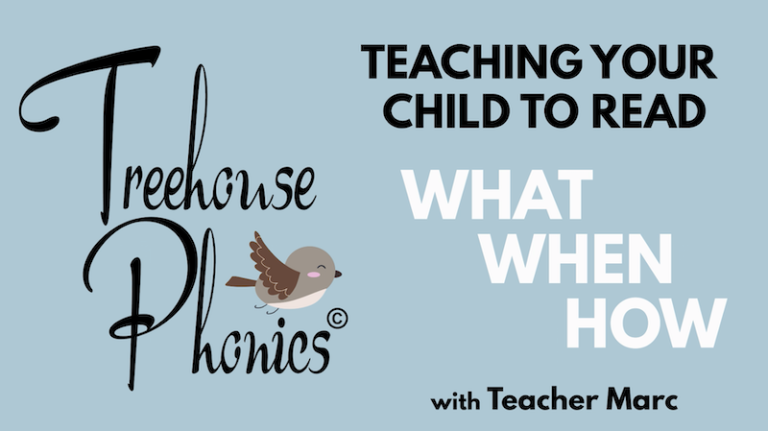Learning to read can significantly improve a child’s vocabulary in significantly! Let’s examine why we want our children to learn to read as early as possible.
Children have an incredible imagination. Over the last 20 years, I have thoroughly enjoyed the conversations I’ve had with many of my young learners. Your average four-year-old can be quite entertaining, as you might have already discovered. A child that can express their ideas, thoughts, and desires in greater detail WILL be happier because they are being praised for their applied logic skills, they can articulate virtuous behavior such as empathy and sympathy, and they are getting more of what they want because they know what to ask for (within reason of course). They are also included in more conversations with adults, giving them substantially higher exposure to conversations that will further stimulate and fulfill their curiosities. Imagine the confidence boost in itself! For these reasons alone, do we not owe it to our children to consider how learning to read can help to enhance vocabulary?
Discovery!
I distinctly remember a boy in my class presenting me with a drawing, and I had no clue whatsoever what it was supposed to be. As far as I was concerned? Squiggle lines, one long smudge, and some sort of rectangle. Then came the story behind the artwork. He went on for a good three or four minutes telling me it was an underground worm factory with conveyer belts, slime machines, and levers. He spoke with impressive clarity for a non-native English speaker. Then it dawned on me. We had just finished a unit of study on factories and read many colorful, age-appropriate books on the concept of mass production. A lot of his new vocabulary came from these books. He was even using new words in proper context! Had he not built up his vocabulary, I’m afraid his art presentation would have sounded something like; “Mr. Marc. For You. Worms! Nice. You like? Bye-bye.” I am not kidding. His parents could not have taught him any of the new words he learned from those books. They hardly spoke a word of English themselves!
Vocabulary Gold Mine
Every one of us communicates within the parameters of our own vocabulary range. That range may remain limited or stagnant for years with someone having little to no interest in exploring new words. While others are always hunting down words that will help them express themselves with greater precision and eloquence. As families, we communicate with each other from day to day using the vocabulary and diction that comes naturally to us. If we are comfortable with our current vocabulary range, then we can only expect our children to absorb words within that range. You might think that watching hours of television can broaden that reach but remember that two-way conversation is often the quickest way to assimilate and use new words within context. At best, all a video can do is speak at or to you. This type of conversation (if you can call it that), is one-way and there is no variance in speech or pace to suit the listener’s level of comprehension. Conversations within their peer group may bring in additional words but not to the level of sophistication, I would call an “expansion” of vocabulary. You might even have done some damage control as some kids can have a real potty mouth and we don’t want our kids sounding like Al Pacino in Scarface, do we?
Where can children get exposure to new and enriched vocabulary that reaches beyond the range spoken in their own homes? Quite simply…. Books! This includes newspapers, magazines, and even comic books. When children learn to read, they are exposed to a wider range of words than they typically encounter in their oral conversations. As they read, they can set their own pace and take the time they need to absorb new words and make sense of new vocabulary within context. Yet, there is more! Let’s explore this a little further…
Contextual Understanding
This is where children get to see how words are used in sentences. When the text is rich in context, a child can develop a deeper understanding of word meanings and why the author may have chosen that word over another, to convey their thoughts and expressions. In this way, a child may also develop a deeper understanding of how words are used in different situations. More on this in a moment.
The Sight Word Advantage
It takes time to decode new words. If a child has not built a collection of words they can read with instant recall, this will affect speed and fluency. The longer it takes to read a sentence, the greater the chance of losing the conveyed thought and meaning. With practice, a child will progress in fluency and will learn to instantly recognize words. These are referred to as sight words. The more words they can recognize, the greater the chance of using these words in everyday speech. When these sight words move beyond the rudimentary pronouns and articles – and, the, he, and she to include rich, descriptive adjectives and adverbs, children will likely want to include these words and even experiment with the new context in their own speech. Yummy, becomes delicious, savory, mouth-watering, and so on.
Active word learning
As previously discussed, building up a collection of sight words is a huge advantage, but what if a child successfully decodes an unfamiliar word enough times to become a sight word, but is still unclear as to the meaning? This does happen. One of the biggest mistakes I see teachers make time and time again is to direct the student to the artwork for clues. That is a perceived advantage with a very diminutive shelf-life. Sooner or later, they will eventually encounter books and text without artwork, and without picture cues, the reader is thrown into a panic. Even worse, they may even avoid text-only material and for this very reason alone the “interpretive art” solution should be avoided, as it only serves to delay the inevitable.
We want to look for clues within the sentences themselves. The context may not always be enough but it should be one of the first places we gravitate to for meaning. This process is often referred to as Active Word Learning. We want to walk them through the process in hopes that they will use this technique independently. Again, another point goes to reading! There is a far lesser chance of absorbing unfamiliar words within context as they fly by at lightning speed through oral communication.
Diversity
Reading is not just about decoding words, but also about understanding the meaning of the text. As children improve their reading comprehension skills, they are exposed to the more complex and sophisticated vocabulary used in different genres, such as fiction, non-fiction, and informational texts. This exposure to diverse texts and vocabulary helps children develop a broader and more nuanced vocabulary. As a child narrows in on their own interests, exposure to the topic and industry-related terms will need to be absorbed and used within context.
In summary, learning to read exposes children to new words, helps them understand word meanings in context, develops word recognition skills, promotes active word learning, and enhances reading comprehension, all of which contribute to an improved vocabulary. Why would any loving parent through caution to the wind and wait until their child takes an interest in reading? The vocabulary benefit is reason alone to start teaching them to read right now! With that said, if your child shows little interest in books please read this encouraging article – 7 Ways to Encourage Your Child To Love Reading.




